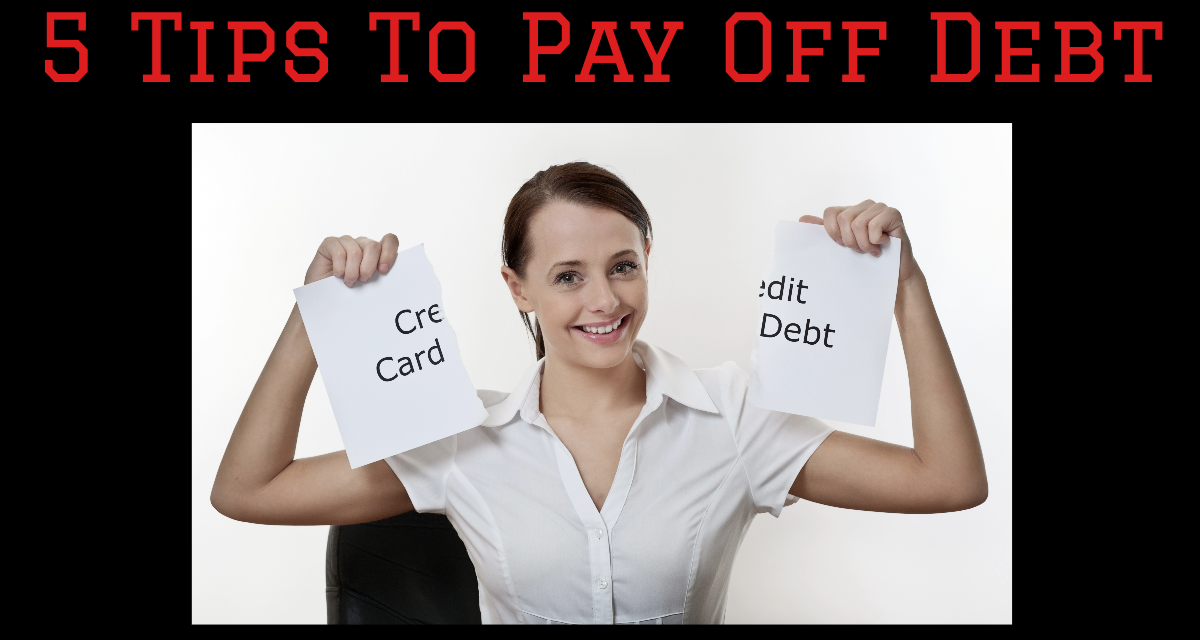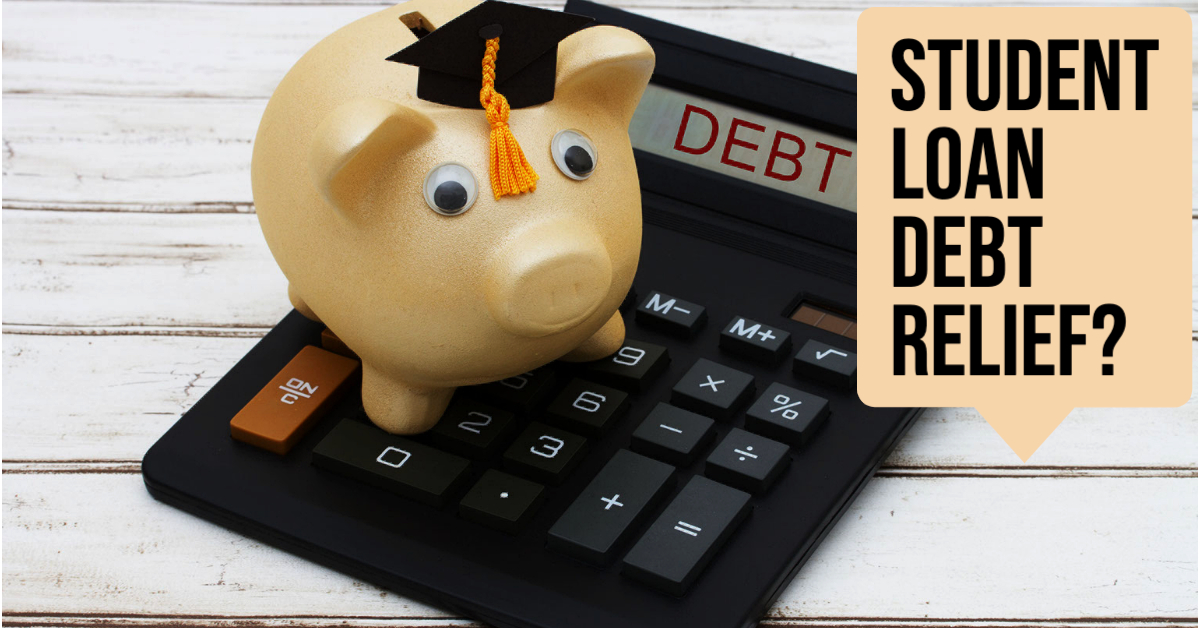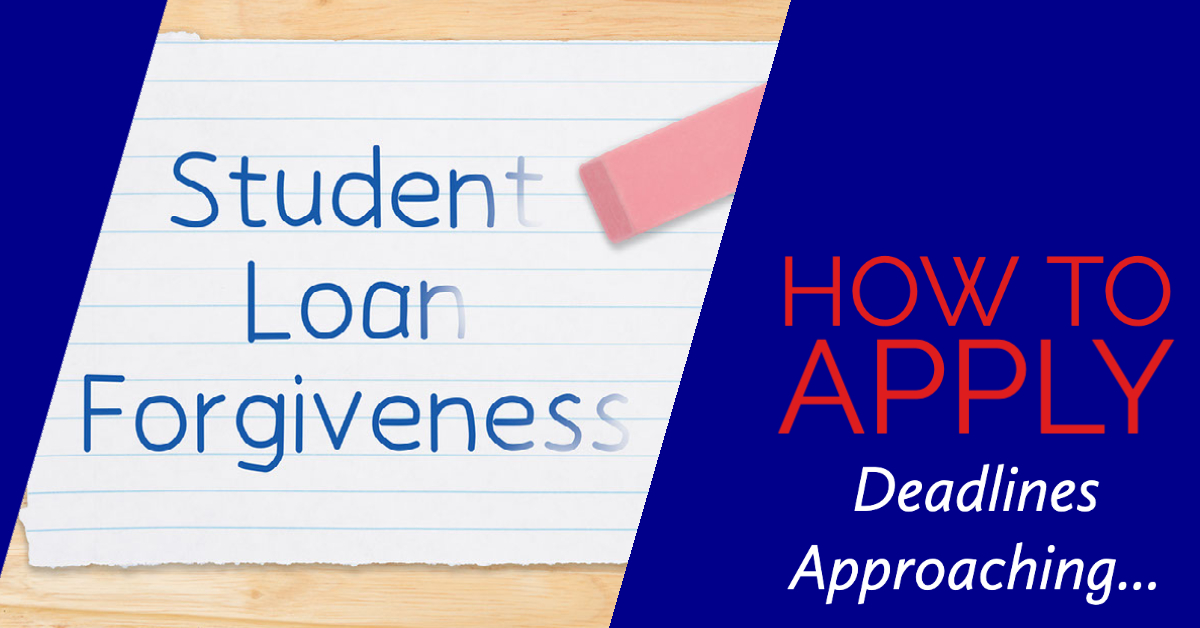The other day on Money.com, the hot trends were all about these four letters — DEBT. They were on topics like car loans, student loans, and credit card debt. The last one read “Here’s How Much Debt the Average American Has in 2023.” If you read it, you’ll discover Americans have less debt today than before the COVID pandemic.
Because according to Northwestern Mutual’s 2023 Planning & Progress Study, “The average American’s personal debt exclusive of mortgages is $21,800, which is $8,000 less than what people reported in 2019.” And the biggest chunk of that debt is on credit cards. It’s no surprise that credit card balances have gone up, given the prices today. As a country, we’ve been dealing with serious inflation.
What’s Inflation and How Does It Impact You?
Inflation is defined on Dictionary.com as “a general increase in prices and fall in the purchasing value of money.”
Since COVID, we’ve seen prices go up across the board from groceries, housing, insurance, and more. Some Americans must rely on their credit cards to help close their budget gap given costs are higher. Now 61% of Americans are living paycheck to paycheck.
And to combat inflation the Fed has been raising interest rates. Unfortunately, this strategy has driven up interest rates on mortgages, car loans, and credit cards. So you’re paying a lot more for debt too!
5 Tips to Help You Pay Off Debt
“How you think about a problem is more important than the problem itself. So always think positively.”
– Norman Vincent Peale
- Recognize the Problem.
To fix any problem, you must be willing to see it first. When you take time to reflect on how you got into debt, it can help you learn from your experiences and avoid making the same mistakes in the future.
Don’t beat yourself up about past mistakes. They can be great teachers. Be patient on your debt free journey. Remember you didn’t get into debt overnight and it will take time to get out. Stay focused on your goal and work towards it with a positive attitude, then you’ll reach it.
- Ask for Help When You Need It.
There’s nothing wrong with asking for help. Sometimes we need to have more support to help us achieve our goals. Especially when you can’t seem to muster up any energy to do anything.
And if that’s you, feel free to reach out to a family member or a friend who you trust that may be willing to help you take action. Or you may want to consider contacting The National Foundation for Credit Counseling (a non-profit working helping Americans get out of debt) and other providers.
- Create a Debt Pay Off Plan
As Benjamin Franklin once said, “If you fail to plan, you plan to fail.” That’s why you need to have a plan to help you pay off debt. This plan is a complete list of all your debts. If you don’t know them, pulling a free copy of your credit report may help you. Your debt pay off plan includes the answers to the following questions:
-
- Who you owe?
- How much you owe?
- What is your interest rate?
- What is your minimum payment?
- Create a Budget
Now that you have a good idea of how much you owe. It’s time to take a look at your spending habits to understand where your money is going. Creating a budget is a great way to help you manage your money better and cut unnecessary spending (use the extra money to pay down your debt).
In case you need help creating your budget, check out my previous blog post – CREATING A BUDGET – YOU CAN DO THIS!
Then your budget will show you how you are living (spending vs. income). Numbers don’t lie, they show you what’s really happening. Depending on your financial situation, you may want to consider looking for creative ways to bring in more income to get rid of debt faster such as taking on a part-time job or profiting from your favorite hobby.
- Use a Payment Strategy and Track Your Success
Having a debt payoff strategy could help you pay off your debt sooner. There are different strategies to consider.
For example, some people may choose the debt snowball strategy. That’s when you pay off the smallest debt balances first. This gives you a sense of accomplishment sooner and is a big motivator to keep going.
Another one is the debt avalanche strategy, where people pay off their highest interest rate debt first. Since it’s the one that is costing them the most money in interest. Depending on how big that balance is, it may take some time to pay off. But your debt will cost you less in the long run.
Finally, there’s a custom debt pay off approach based on the circumstances of the debt. For instance, Tracy may choose to target a credit account that has strings attached first. In this situation, she bought some furniture on credit. And she must pay the balance in full within 12 months to avoid crushing interest and fees. No matter what strategy you choose—be sure to pay at least the minimum balance on all of your credit accounts to avoid any payment penalties.
Also, review your debt pay-off plan every month (at minimum) and track your progress. Are you achieving your goals? Be committed to your plan, stay positive, and feel free to make any changes. Keep working towards your goals and you’ll see the results.
More on How to Pay Off Debt…
If you’d like a step-by-step guide to help you pay off debt, check out my book Drop the Debt Weight: 7 Steps to Take Your Life Back!






